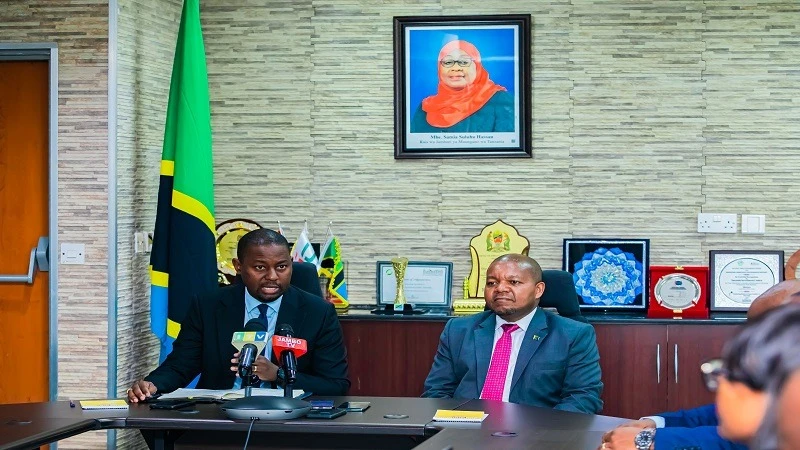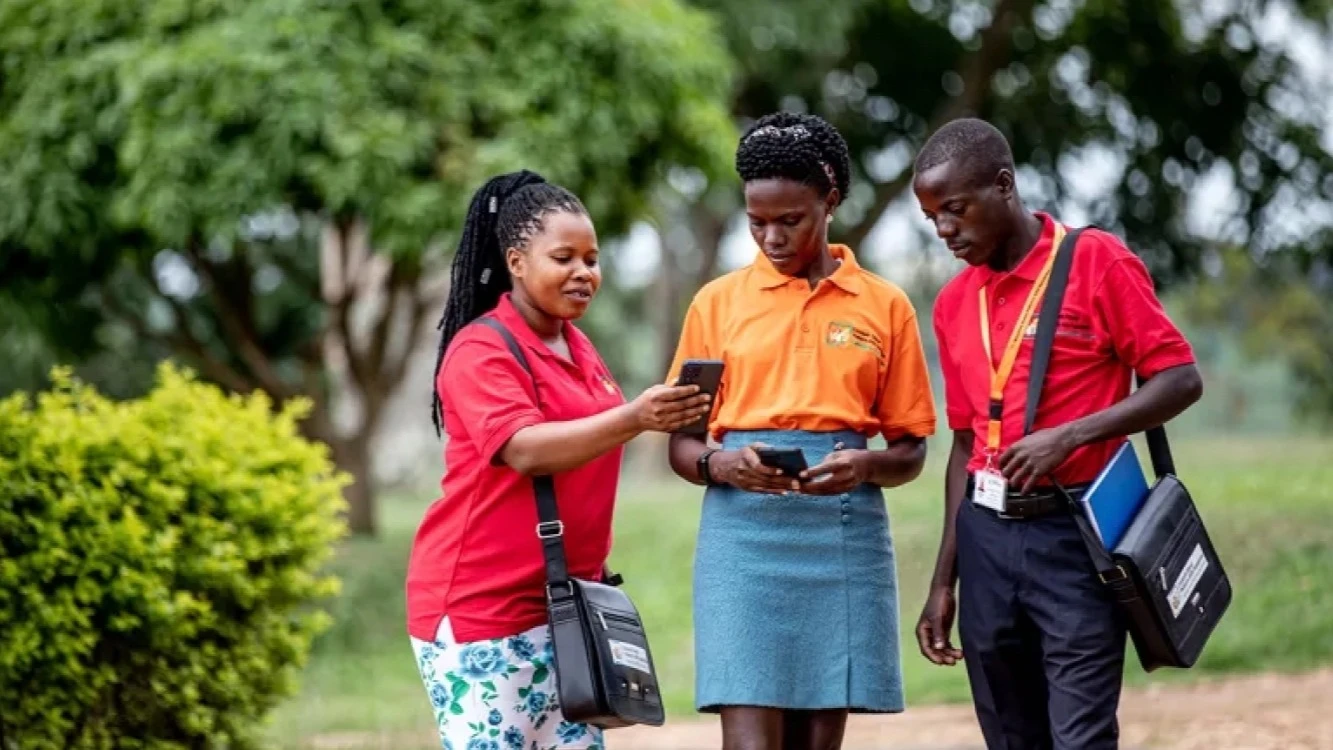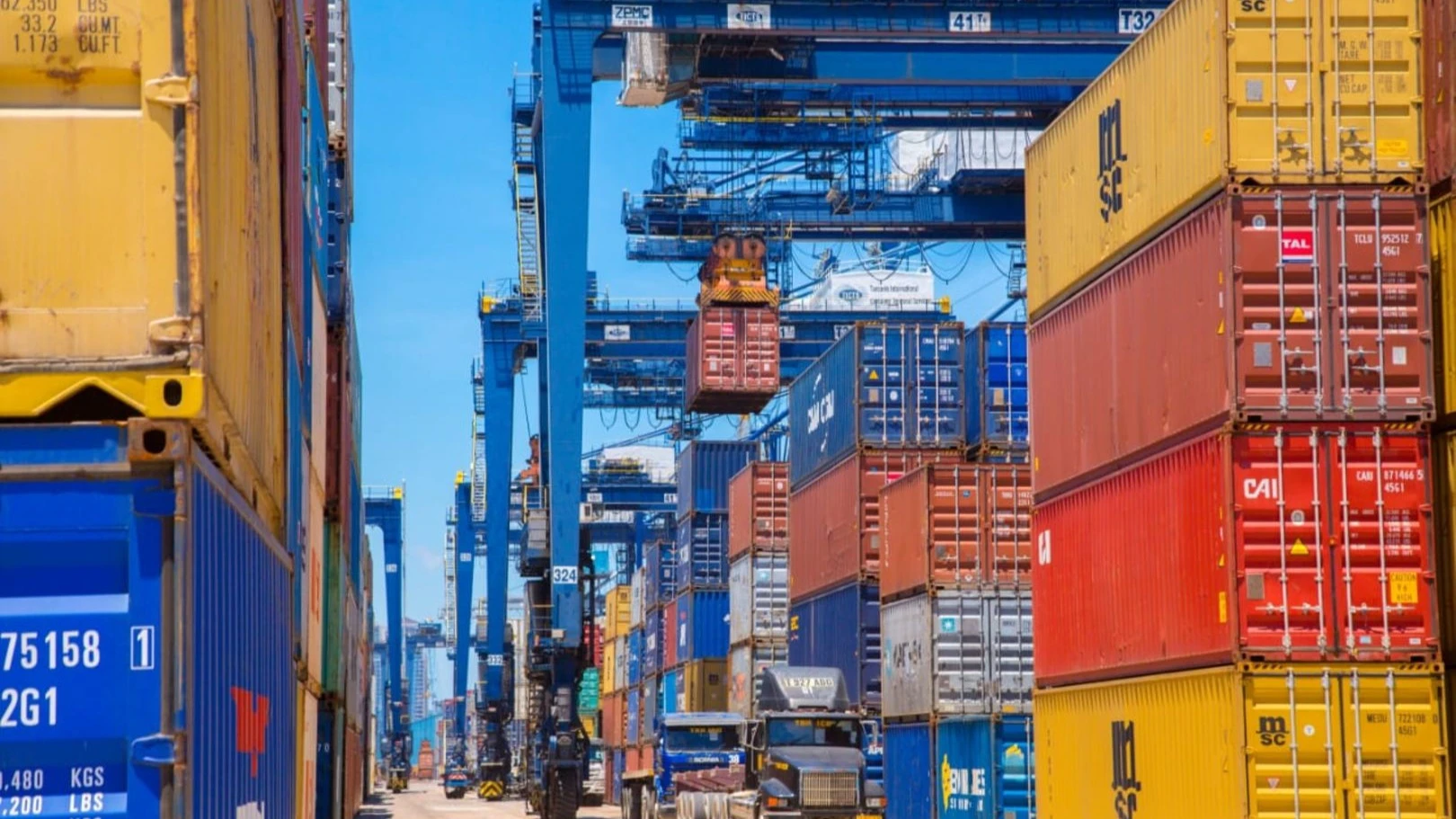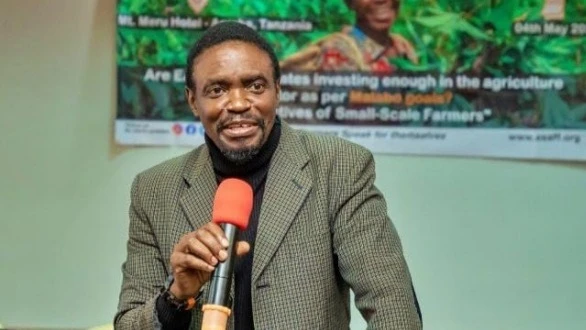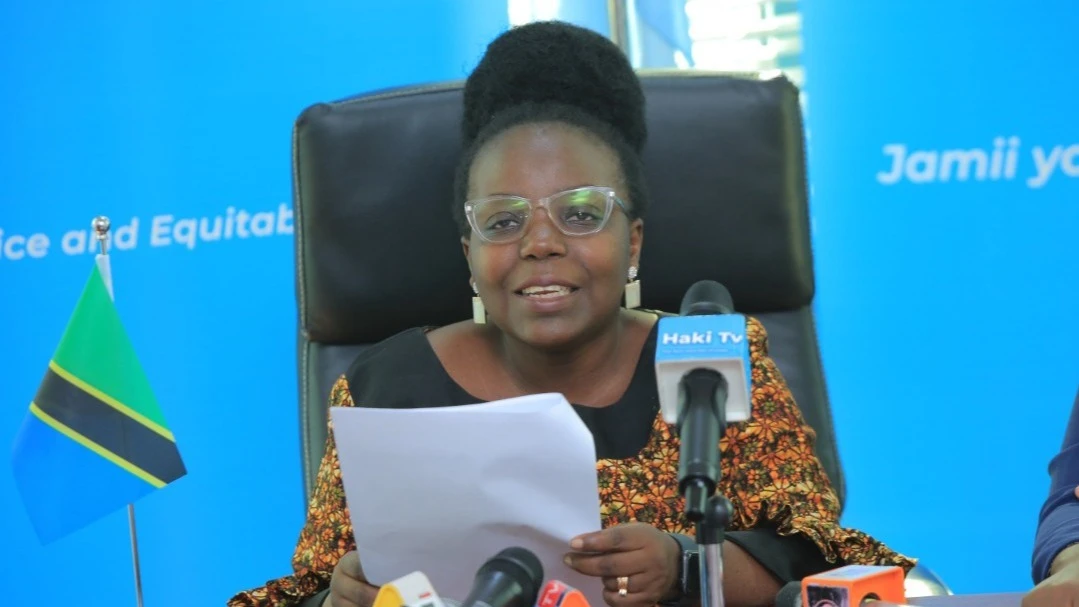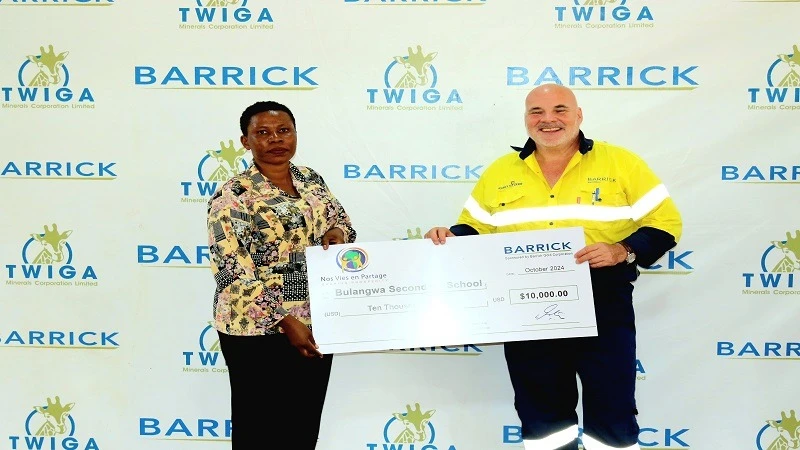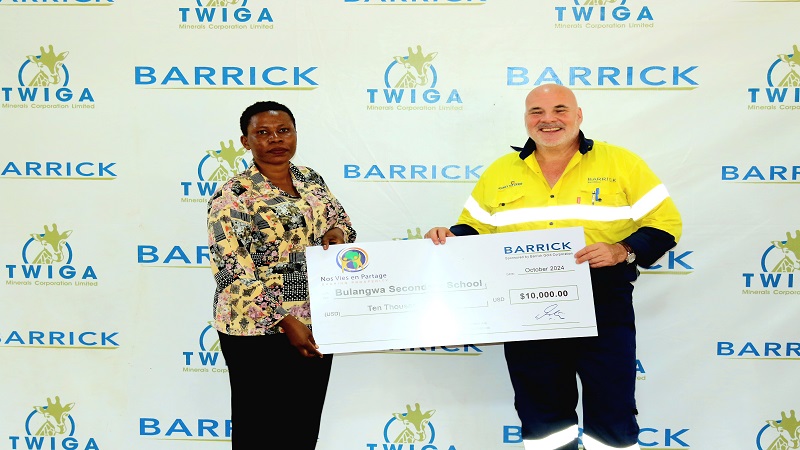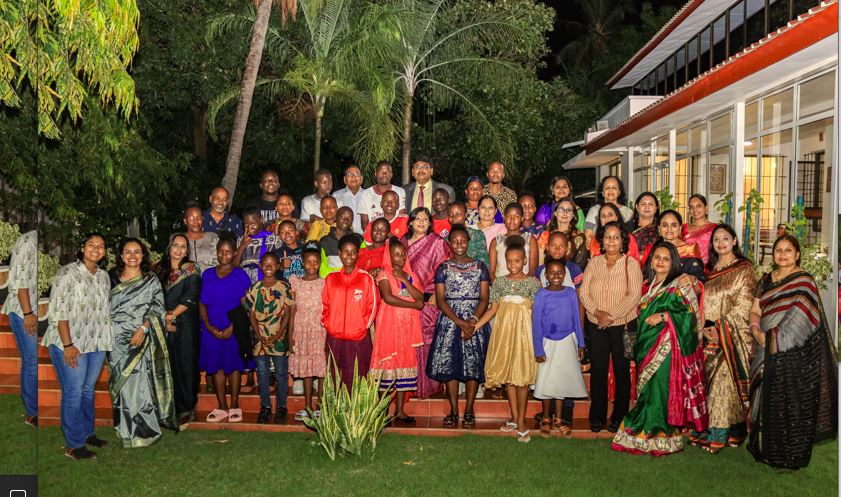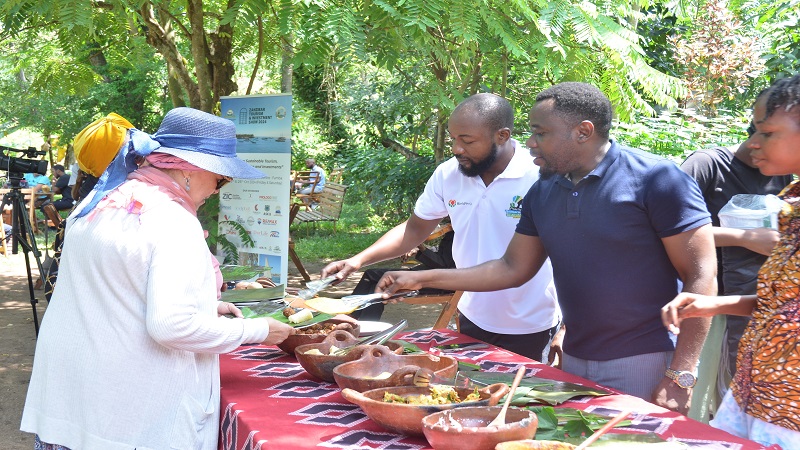Breakthrough as Dutch companies showcase quality seeds for local use
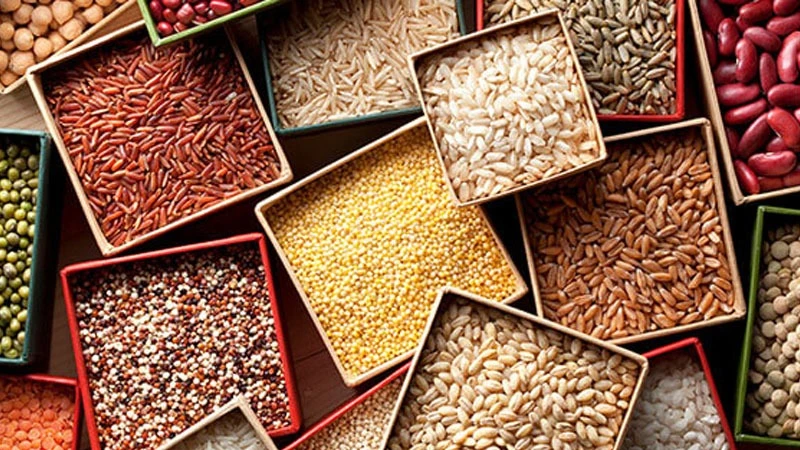
THE Netherlands Embassy in collaboration with the seed companies experts have created an enabling environment for smallholder farmers in Tanzania to access the quality seeds, knowledge and technology needed to improve crop productivity, build resilience and enhance food security in the country.
Speaking to reporters at the ongoing 48th International Trade Fair (DITF) organised each year by Tanzania Trade Development Authority (Tantrade), European African Seed Initiatives, EASI Seeds Director Samson Lukumay said quality seeds helped smallholder farmers to produce healthy vegetables and fruits that were marketable.
“Every bountiful harvest begins with quality seeds." This statement is exemplified by the actions of the Netherlands Embassy together with the Netherlands Enterprise agency, as they support the production of high-quality horticultural seeds in Tanzania through Dutch seed companies,” Lukumay said.
Over the years, Dutch seed companies have been involved in seed breeding and offering seeds that deliver high yields, drought resistance, and disease resistance. This collaborative effort has contributed to strengthen the horticulture seed sector and led to an increase in employment opportunities for youth and women, provided a source of foreign exchange through exports, and facilitated knowledge and technology transfers through practical training of farmers using demonstration farms established in selected localities.
This year, at the DITF, two Dutch seed companies - East West Seeds and EASI Seeds - demonstrated best practices for growing vegetables using their improved seed varieties.
They have highly trained local agronomists present at the fairgrounds to explain optimal agronomic techniques to the attending farmers. The agronomists also provided advice on cultivating different vegetable varieties suited to the local conditions.
“We produce and supply a variety of quality vegetable seeds that are well-researched from here in Tanzania and from the Netherlands and the quality seeds are responsible for healthy vegetables and fruits suitable for the Tanzanian market,” he said.
He added: “We urge smallholder farmers to use quality registered seeds for efficiency and productivity. We also urged them to utilize demonstration fields that are key to knowledge, innovation and technology transfer.”
Lukumay explained that the quality seeds facilitated optimum production and export of some of the crops like beans to Italy.
He said horticulture enabled smallholder farmers to have crop production throughout the year which facilitated cash flow and reduced income poverty both at household and national levels.
“I call upon the youth to start engaging in horticultural production as a source of income and a solution to unemployment in the country,” he explained.
He noted that EASI Seeds collaborated with smallholder farmers who produced tomatoes, pepper, potatoes, spinach, carrots and cucumbers and cultivated from 2-5 hectares.
Lukumay further said they also engaged smallholder farmers in regular demonstration fields and through their agronomists and government agricultural extension officers the smallholder farmers accessed information and knowledge on the technical know-how of using quality seeds that led to high crop yield.
“We use demonstration fields as platforms for knowledge, innovation and technology transfer that make the seed subsector in the country more competitive, promote employment and address poverty reduction among the youth and women,” he stressed.
He said this was a journey that has been shaped by a 10-year partnership between Tanzania and the Netherlands and has attracted Dutch seed companies to register their seed varieties and help smallholder farmers in the country.
Robert Kimonge, East West Seed director said the company was introduced in 2008 and had branches all over the country and through the Netherland Embassy in Dar es Salaam they had improved the lives of thousands of the rural youth and women through horticultural production.
He explained that through partnership and knowledge/technology transfer programmes from the Dutch seed companies the majority of young people and women engaged in horticultural production in the Northern Zone.
“This has contributed significantly to household incomes and economic inclusion among the youth and women in the country,” he said.
Kimonge said demonstration fields impacted on the lives of the majority of smallholder farmers.
“The geographical potential and the fertile land have paved the way for Tanzanians to enjoy horticultural production compared to neighbouring countries. Some of the crops produced here are exported to Kenya, Uganda, the Democratic Republic of Congo (DRC) and Mozambique,” he explained.
Kimonge said horticultural crops enabled smallholder farmers to earn a living and improve their livelihoods. He added that they also explored markets because they were guided by company experts.
“It is my hope that more young men and women will join the horticulture sector, 40 percent of our agronomists are young people who can attract more targeted groups,” he noted.
Kimonge said besides that, it also attracted vital investments in the horticultural value chain and the immense potential production of vegetables that created food security, generated incomes to farmers and created employment opportunities.
He reiterated that their company had training/information centres in Moshi in Kilimanjaro Region, Kahama, Iringa, Morogoro and Mbeya regions which would allow smallholder farmers and large-scale farmers to access information and education on quality seeds and how to use them effectively to promote efficiency and foster crop yield.
Kimonge highlighted that the Dutch seed companies contributed considerably to Tanzania socially and economically in terms of employment, nutrition to the majority of people, promoted quality seeds that fostered the export of crops to foreign markets and increased cash flows to young men and women.
Tanzania hosts more than 80 Dutch agricultural companies, the majority of which operate in the horticultural subsector. Additionally, several international seed companies are based in Tanzania.
Against this backdrop, the trade fair in Dar es Salaam provides an important platform to showcase Dutch quality seeds. It is one of the largest trade events in East Africa, having been held annually since the 1970s. It is a crucial event for boosting Tanzania's economy and presents the country's commercial potential to regional and global investors and trade partners.
Top Headlines
© 2024 IPPMEDIA.COM. ALL RIGHTS RESERVED











